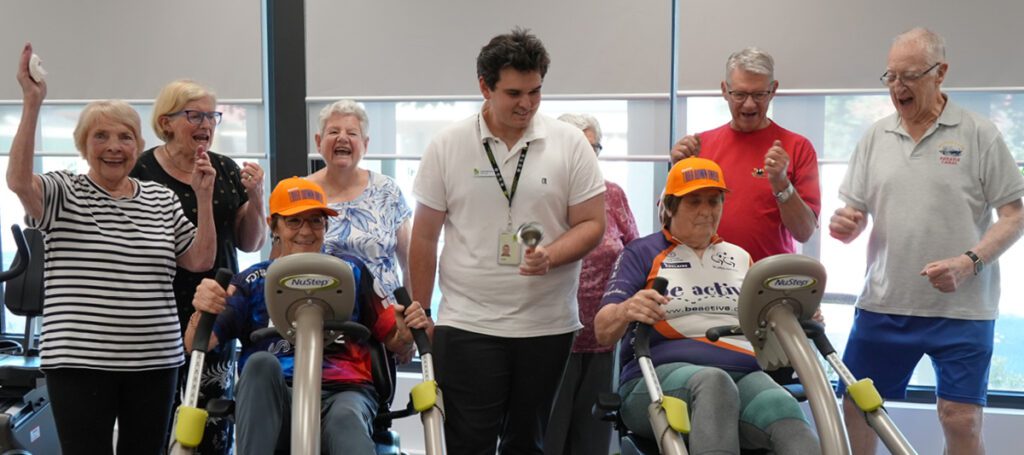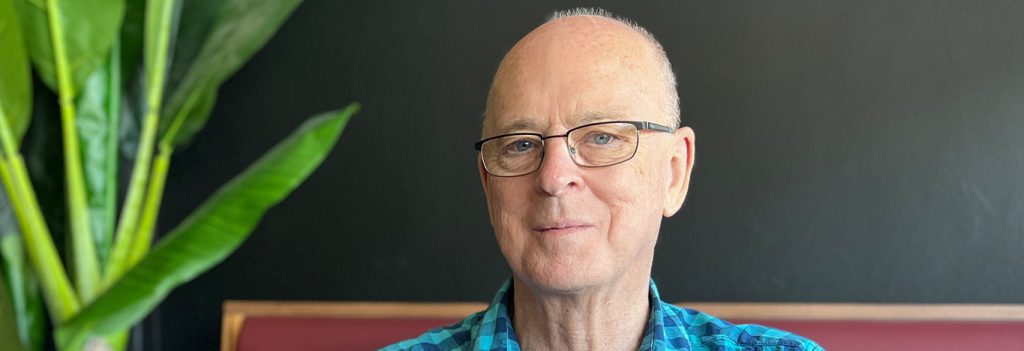Falls – what you need to know
Did you know? Falls are among the biggest threats to older people.
As we get older, our muscle strength and balance may reduce which can result in a fall accident. Although most falls may not cause serious injury, they can possibly leave us feeling quite distressed.
Good news is there are other things you can do to improve your health and wellbeing to help prevent falls from happening.
We’ve put together some useful information to help you understand the cause of falls and some falls prevention tips.
Staying active to avoid falls
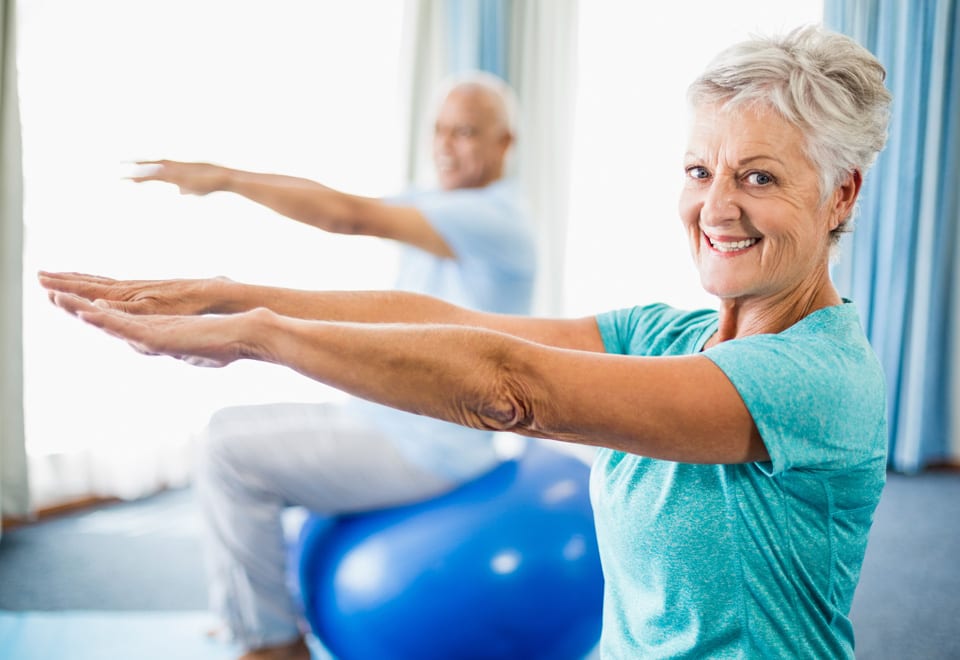
To reduce falls risk, it is important we maintain our physical fitness with regular exercise including specific balance exercises.
Keep in mind current Australian guidelines suggest a minimum of 150-min of physical activity a week to maintain current fitness levels, greater amounts are required if wanting to improve fitness.
Exercises are best when specific to individual customers. They need to be achievable but challenging. Progression of exercises as they become easier will ensure improvement in balance and reduce falls risk.
Balance exercises should be aimed at increasing postural awareness, co-ordination, and reflexes (reactions times) and lower limb strength.
Properly fitted and supportive footwear
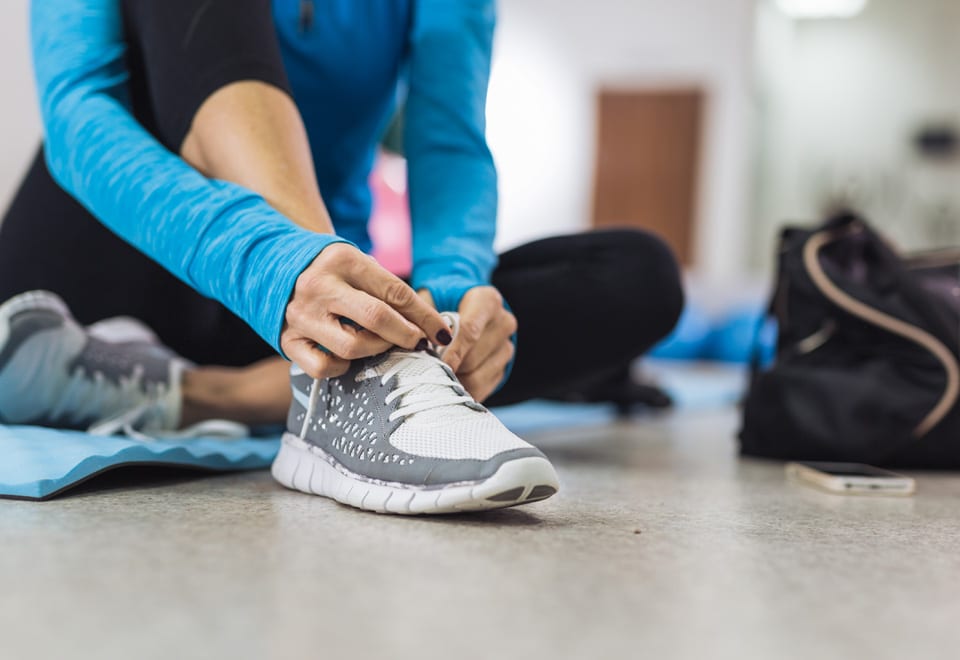
As we get older, our feet change and footwear needs to change, too. Shoes need to be comfortable, fit well and have adequate support. Feet need to be kept dry, nails should be cut short and any foot changes should be investigated promptly.
It is important to consider issues such as circulation or changes in foot sensation as well as any areas of numbness or foot issues such as pins and needles.
As we age, our foot strength and flexibility declines. Having your feet examined by a podiatrist is the first step in fall prevention.
A podiatrist can help assess your risk of falls with a history check, assessment, and performance-based falls test. From there, they can make recommendations to help address your foot problems, exercises for feet strength and the right footwear to help prevent falls.
Having a safe home
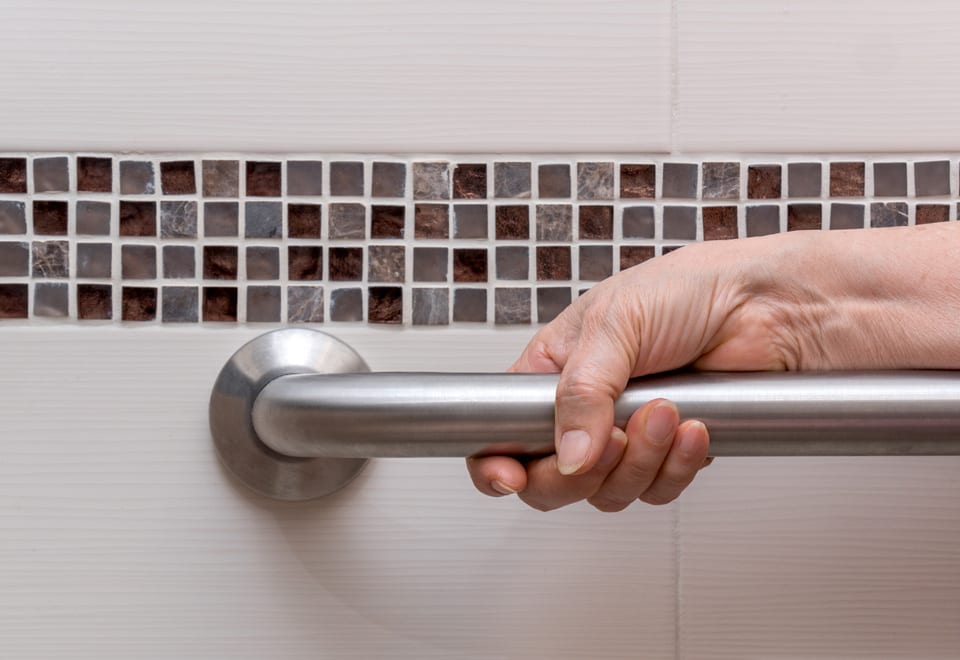
Most falls happen at home, that’s why it is important to keep your home safe. You can fall-proof your house to help you avoid falls and ensure your safety.
Here are some simple steps to get started:
- Remove clutter or tripping hazards: keep your walking areas tidy and make sure there’s nothing in the way. If necessary, place non-skid mats, strips or carpets on surfaces that easily get wet.
- Check your lighting to ensure it is adequate – maximising visibility of your footing: remember to turn on night lights before bed or keep a flashlight by your bedside in case the power is out in the middle of the night.
- Repair broken, uneven or cracked paths, patios, and other walking surfaces
- Consider equipment or home modifications such as rails or ramps to assist with mobility and transfers: install grab bars in the shower, toilets and baths, railings on stairs and non-slip adhesive strips to stairs.
Check your eye vision
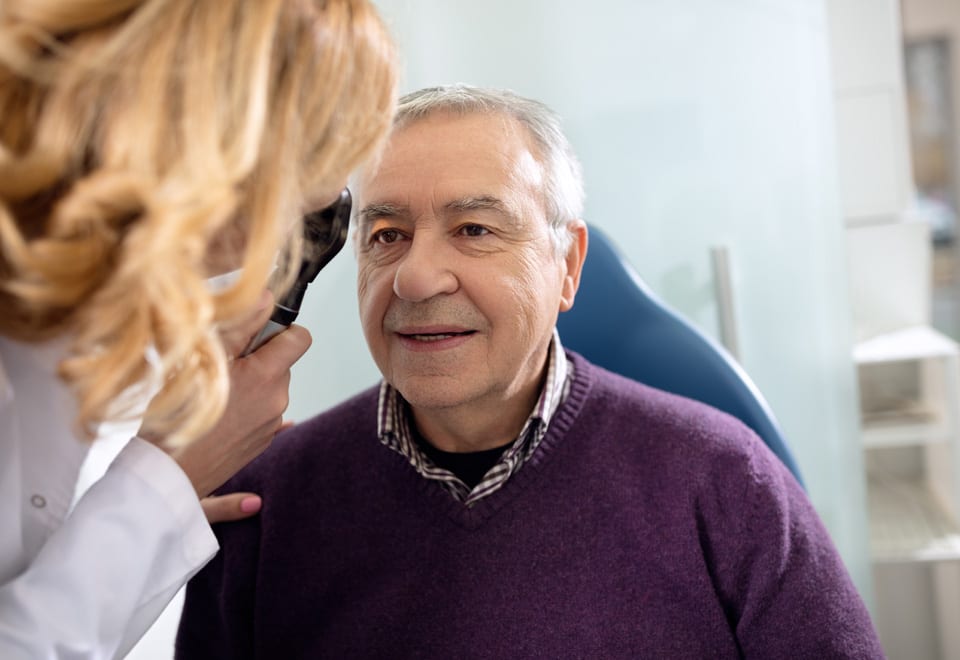
Conditions that affect you vision may affect you balance such as Glaucoma, macular degeneration, conjunctivitis, and others.
It is important to have a regular eye check and consider your prescription type to make sure your vision is clear.
Wearing multifocal glasses can increase the risk of trips and falls in older people. It is best to see your optometrist for an assessment and advice.
What to do if you fall
Stay still and slow down your breathing. Slow and steady breaths help to keep you calm. Check and scan through your entire body to see if there is any injury.
Look for hazards such as broken glass, or electrical cords before you move, or before you allow anyone to help you up.
Decide if you will get up and if you can get up, think about how you will get off the floor.
If you have tried and can’t get up, rest before trying again to avoid exhaustion. Seek medical help if you need.
If you can’t get up
Call for help (personal alert, a phone or by calling out). While waiting for help, try to stay warm and comfortable by using nearby pillows, blankets, or towels.
If you are outside, drag yourself under shelter and try to move out of direct sunlight and off hot paving.
If you can, change position from time to time to take pressure off a part of your body until help arrives.
What you should do after a fall
- Seek urgent medical help if you start to feel confused, develop a bad headache, nausea and vomiting, blurry vision, limb weakness, neck stiffness, feeling tired or fatigued after the fall.
- Write down the details of the fall (when, what, how).
- Tell your doctor or health professional about the fall as soon as possible after it happened, even if you are not hurt. He or she can look into possible causes and treatment options. This is particularly important if you are on blood thinners.
- Talk to your health professional so you can work together to prevent future falls, and keep your independence and confidence.
- Tell your daily contact person about your fall. Stay in contact frequently as injuries may not show up straight away.
Falls, whether once or repeatedly, can be a serious matter that affects both your physical and emotional state.
Fall prevention takes some planning but it’s worthwhile to keep you safe and avoid the risk of falls.
Your best self starts with your best health
ACH Group offers a wide range of allied health services including podiatry, exercise physiology, occupational therapy and group exercises to help support you live well as you age.
We specialise in health and wellbeing for ageing bodies and our qualified health specialists will work with you on a personalised plan to help you achieve your health goals.
Contact us on 1300 22 44 77 and speak to our friendly team and find out how we can help.

